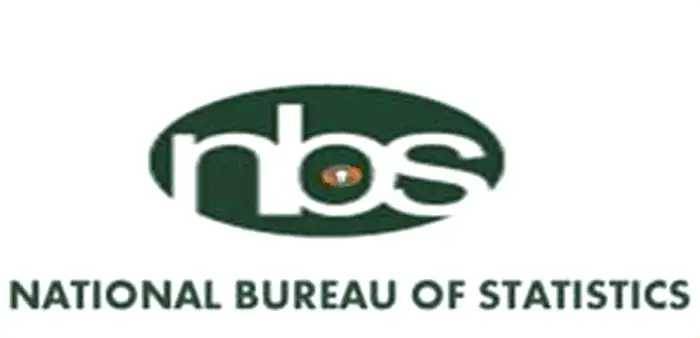The National Bureau of Statistics, NBS says foreign investments into Nigeria has declined by 81.46 per cent ($6.91bn) from $8.49bn in the first quarter of 2019 to $1.57bn in the corresponding quarter of 2022.
The bureau disclosed this in its quarterly report on ‘Nigerian Capital Importation’ released on Sunday.
According to the bureau, since the first quarters of 2019, 2020, 2021, and 2022, there has been a steady decline in capital inflows into the nation’s economy.
The report indicates that the total capital inflow into the economy fell by 31.01 per cent from $8.49bn in Q1 2019 to $5.85bn in Q1 2020; it fell by 67.45 per cent to $1.91bn in Q1 2021; and declined further by 17.46 per cent to $1.57bn in Q1 2022.
The report, which segmented foreign investment into three main investment categories: foreign direct investment, portfolio investment, and other investments, further explained that in Q1, 2019, the largest amount of capital imported into the Nigeria was through portfolio investment.
It also shows that the banking sector dominated inflows that quarter and the United Kingdom was responsible for most of the inflows.
Similarly, the report shows that in portfolio investments also dominate inflows Q1 2020, while banking and the UK also retained their respective leadership positions.
‘‘In Q1 2021 and Q1 2022, portfolio investments was responsible for most of the capital inflows into the nation, while banking raked in the highest and the UK provided the most investment.
The National Bureau of Statistics, NBS says foreign investments into Nigeria has declined by 81.46 per cent ($6.91bn) from $8.49bn in the first quarter of 2019 to $1.57bn in the corresponding quarter of 2022.
The bureau disclosed this in its quarterly report on ‘Nigerian Capital Importation’ released on Sunday.
According to the bureau, since the first quarters of 2019, 2020, 2021, and 2022, there has been a steady decline in capital inflows into the nation’s economy.
The report indicates that the total capital inflow into the economy fell by 31.01 per cent from $8.49bn in Q1 2019 to $5.85bn in Q1 2020; it fell by 67.45 per cent to $1.91bn in Q1 2021; and declined further by 17.46 per cent to $1.57bn in Q1 2022.
The report, which segmented foreign investment into three main investment categories: foreign direct investment, portfolio investment, and other investments, further explained that in Q1, 2019, the largest amount of capital imported into the Nigeria was through portfolio investment.
It also shows that the banking sector dominated inflows that quarter and the United Kingdom was responsible for most of the inflows.
Similarly, the report shows that in portfolio investments also dominate inflows Q1 2020, while banking and the UK also retained their respective leadership positions.
‘‘In Q1 2021 and Q1 2022, portfolio investments was responsible for most of the capital inflows into the nation, while banking raked in the highest and the UK provided the most investment.




No comments yet
Be the first to share your thoughts!